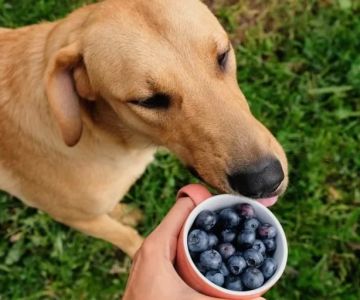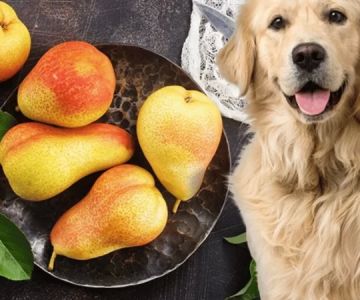- can-dogs-eat-almonds-the-real-question
- why-dogs-and-almonds-dont-always-mix
- digestive-risks-and-reactions-in-dogs
- choking-hazards-and-blockages
- real-case-max-and-the-almond-mixup
- are-there-any-safe-nuts-for-dogs
- better-treat-options-for-your-dog
- how-hidden-brook-veterinary-can-help
1. Can Dogs Eat Almonds – The Real Question
It’s a common scene: you’re snacking on almonds, and your furry best friend gives you those pleading eyes. But the question arises—can dogs eat almonds? While almonds aren’t toxic like some nuts (e.g., macadamias), that doesn’t make them a safe or ideal snack. Many pet owners believe that a few nuts here and there are harmless, but the truth is far more nuanced.
2. Why Dogs and Almonds Don’t Always Mix
Almonds, though packed with nutrients for humans, don’t sit well with a dog’s digestive system. They are high in fats and hard to chew properly—especially for small breeds. This often leads to gastrointestinal distress or even pancreatitis in sensitive dogs. Even if your dog seems fine after eating one almond, repeated exposure can lead to more serious health problems over time.
3. Digestive Risks and Reactions in Dogs
3.1 Fat Content and Pancreatitis
One of the major concerns with feeding almonds to dogs is their high fat content. Dogs’ digestive systems are not designed to process rich, fatty foods. When consumed in larger amounts, almonds can contribute to pancreatitis—a painful, potentially life-threatening inflammation of the pancreas.
3.2 Salted and Flavored Almonds
Salted almonds pose another layer of danger. High sodium intake can lead to sodium ion poisoning in dogs, manifesting as vomiting, diarrhea, tremors, or even seizures. Flavored almonds—especially those with onion, garlic, or chocolate coatings—can be downright toxic.
4. Choking Hazards and Blockages
Almonds are small but dense, making them a choking hazard, particularly for smaller dogs. If swallowed whole, they can get stuck in the esophagus or intestines, leading to dangerous blockages. In such cases, emergency veterinary intervention is often required, sometimes involving surgery.
5. Real Case – Max and the Almond Mix-Up
Take Max, a playful beagle from Virginia. One afternoon, he snuck a handful of roasted almonds from the coffee table. Within hours, he started vomiting and showed signs of lethargy and abdominal pain. His owners rushed him to Hidden Brook Veterinary, where a quick diagnosis revealed early-stage pancreatitis. Thanks to early intervention and supportive care, Max made a full recovery—but his family learned an unforgettable lesson about the dangers of seemingly innocent snacks.
6. Are There Any Safe Nuts for Dogs?
While almonds are risky, some nuts are occasionally safe in small quantities. For example, plain, unsalted peanuts or cashews (in moderation) may be tolerated by some dogs. But even these should be approached with caution and only under veterinary guidance. Avoid mixed nuts altogether—they often contain toxic options like macadamias or are seasoned in dangerous ways.
7. Better Treat Options for Your Dog
7.1 Natural Dog-Safe Alternatives
Instead of almonds, offer your dog safe, vet-approved treats like carrots, apple slices (no seeds), blueberries, or pumpkin puree. These options are not only safer but also provide valuable nutrients with fewer health risks.
7.2 Vet-Recommended Treats
Look for treats specifically formulated for canine digestion. If you're unsure which treats are best for your dog’s breed, age, or health status, consult with your vet. At Hidden Brook Veterinary, we often guide pet parents toward high-quality, balanced treat options tailored to their pet's specific needs.
8. How Hidden Brook Veterinary Can Help
Understanding what your dog can and cannot eat is key to long-term health. At Hidden Brook Veterinary, our team offers expert nutritional counseling, customized diet plans, and emergency care if your pet has ingested something questionable—like almonds. Whether you're dealing with a digestive scare or just want better treat advice, we’re here to support your pet’s journey to a healthy, happy life.
We also offer a curated range of safe dietary supplements and treats suitable for different life stages and dietary sensitivities. Don't guess—get professional, trustworthy advice and care from people who treat your pets like family.












